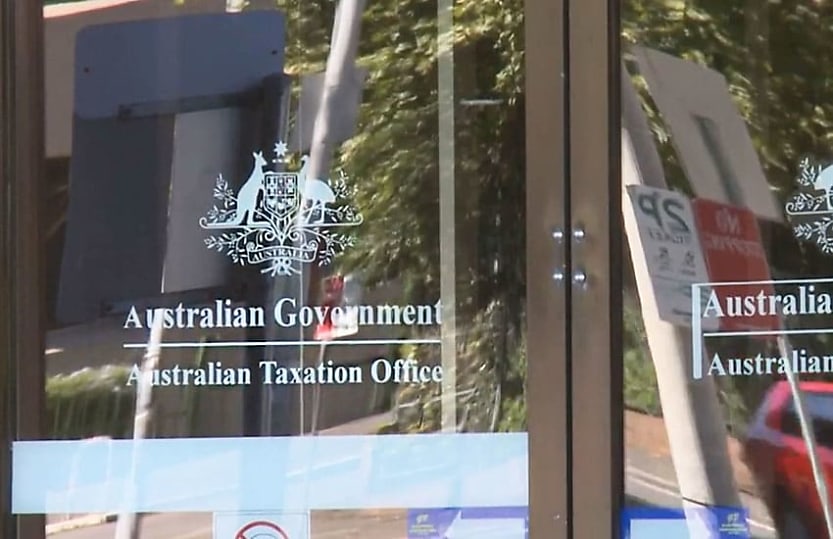ATO issues guidance on debt deduction creation rules and Division 7A

The Tax Office has published an update explaining how the recently enacted debt deduction creation rules apply to private businesses and privately owned groups.
The ATO has published new guidance on the debt deduction creation rules (DDCR) which will apply for income years that commence on or after 1 July 2024.
The rules were passed as broader changes to the thin capitalisation rules by the government and result in related party debt deductions for certain related party arrangements being dissallowed.
They apply to multinational businesses that operate in Australia and at least one other jurisdiction, including private businesses and privately owned groups.
It in its guidance, the ATO warned private businesses and privately owned groups that complying Division 7A loans are not excluded from the operation of the debt deduction creation rules.
“Where the conditions of the DDCR are met, they will operate to disallow a deduction for interest paid or payable under a complying Division 7A loan where that loan has been used to acquire or fund a relevant related party arrangement,” the ATO said.
“Even if a loan is compliant with Division 7A, it does not exempt the entity from the operation of the DDCR.”
The Tax Office said privately owned groups should consider whether the rules operate in a way that disallows debt deductions for their related party debt arrangements.
It also reminded businesses that the rules apply to two types of arrangement.
“The DDCR may disallow debt deductions where an entity acquires a capital gains tax (CGT) asset or a legal or equitable obligation from an associate pair,” it said.
“An entity is an associate pair of another entity if the entity is an associate of the other entity or the other entity is an associate of the entity.”
The ATO said this applies to all such acquisitions except:
- New membership interests in an Australian entity or foreign company.
- New depreciating tangible assets to be used by the acquirer for a taxable purpose in Australia within 12 months that have not previously been installed or used by the acquirer, an associate pair, or the disposer for a taxable purpose.
- New debt interests issued to the acquirer by an associate pair.
“Debt deductions that are paid or payable (directly or indirectly) to a related party are disallowed to the extent that they’re for the acquisition (or holding) of the CGT asset or legal or equitable obligation.”
The DDCR may also disallow debt deductions where an entity uses a financial arrangement to fund, or facilitate the funding of, prescribed payments or distributions to an associate pair, the ATO said.
Prescribed payments and distributions include:
- Dividends, distributions or non-share distributions.
- Distributions by a trustee or partnership.
- Returns of capital, including returns of capital made by a distribution or payment made by a trustee or partnership.
- Cancellations or redemptions of a membership interest.
- Royalties (or similar payments or distributions for the use of, or right to use, an asset).
- Refinancing a debt interest that originally funded a prescribed payment.
- Payments or distributions of a similar kind to any of the above.
- Payment prescribed in regulations (no regulations currently exist).
“Debt deductions that are paid or payable (directly or indirectly) to a related party for the financial arrangement are disallowed to the same extent that the financial arrangement was used to fund, or facilitate the funding of, one or more prescribed payments or distributions,” the ATO said.
The ATO also warned that while the debt deduction creation rules were enacted with the amendments to thin capitalisation rules, certain exemptions from thin capitalisation rules do not apply to the DDCR.
“For privately owned groups, the 90 per cent Australian assets threshold exemption test (also known as the assets threshold test) does not apply to exempt an entity from the DDCR,” the ATO said.
“The DDCR can apply to any domestically owned private group that either carries on business in a foreign country at, or through a permanent establishment, or that has a controlling interest in any offshore entity (no matter the size or turnover of that offshore entity).”
About the author

